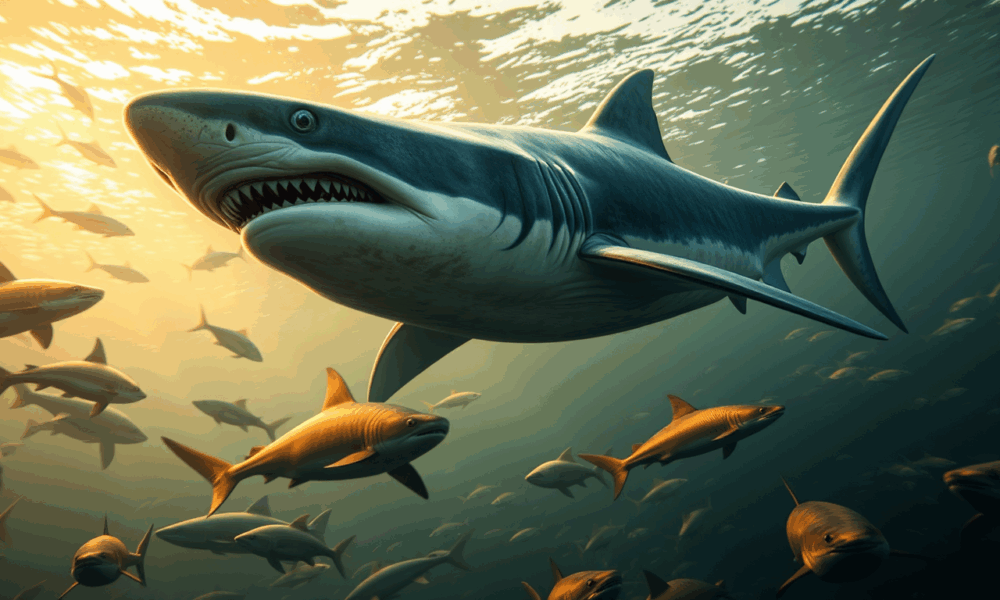
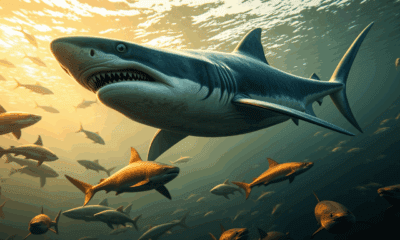

Contrary to widespread assumptions, the largest shark that ever lived -- Otodus megalodon -- fed on marine creatures at various levels of the food pyramid and...



New international research demonstrates global-scale patterns in how El Ni o-Southern Oscillation (ENSO) influences mangrove growth and degradation. Previously, impacts had only been documented at individual...
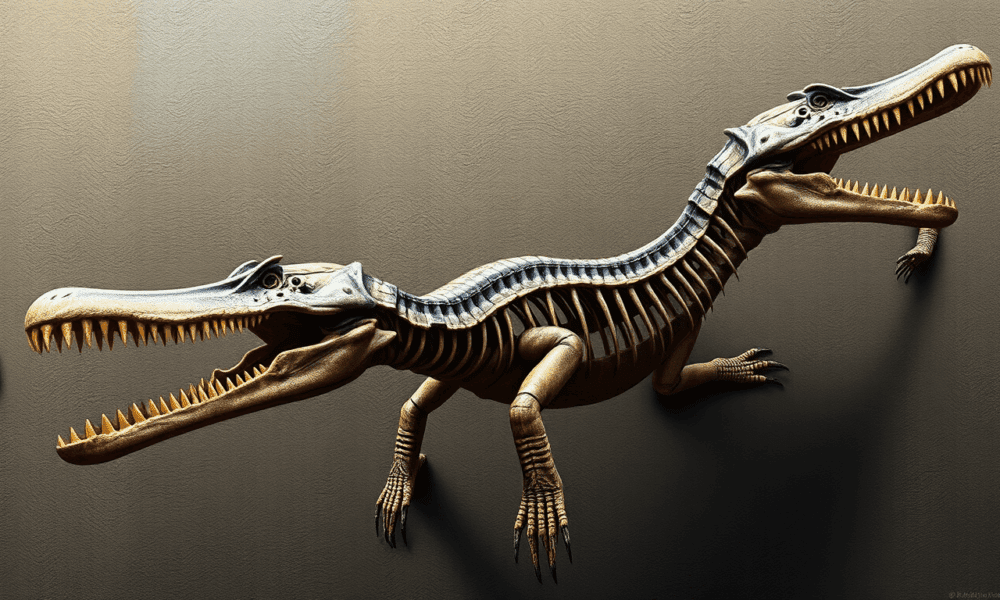
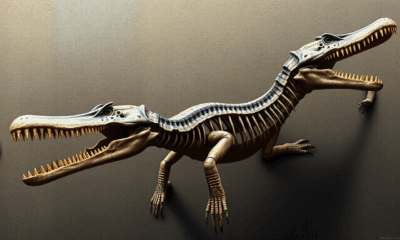

A group of fossils of elasmosaurs -- some of the most famous in North America -- have just been formally identified as belonging to a 'very...
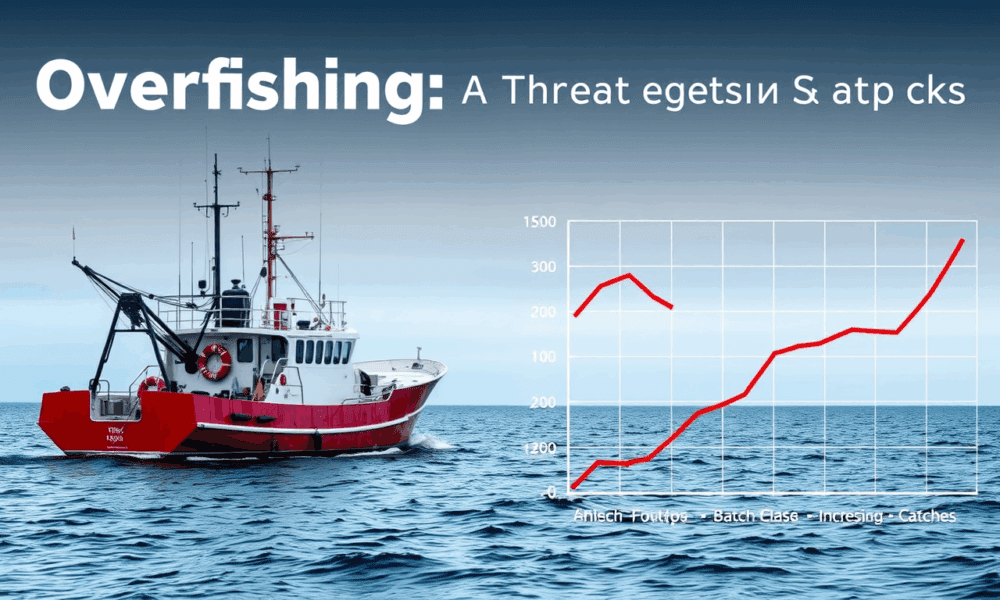
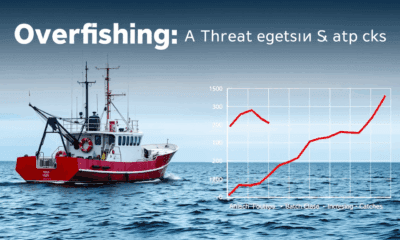

Every year, total allowable catches (TACs) and fishing quotas are set across Europe through a multi-step process -- and yet many fish stocks in EU waters...
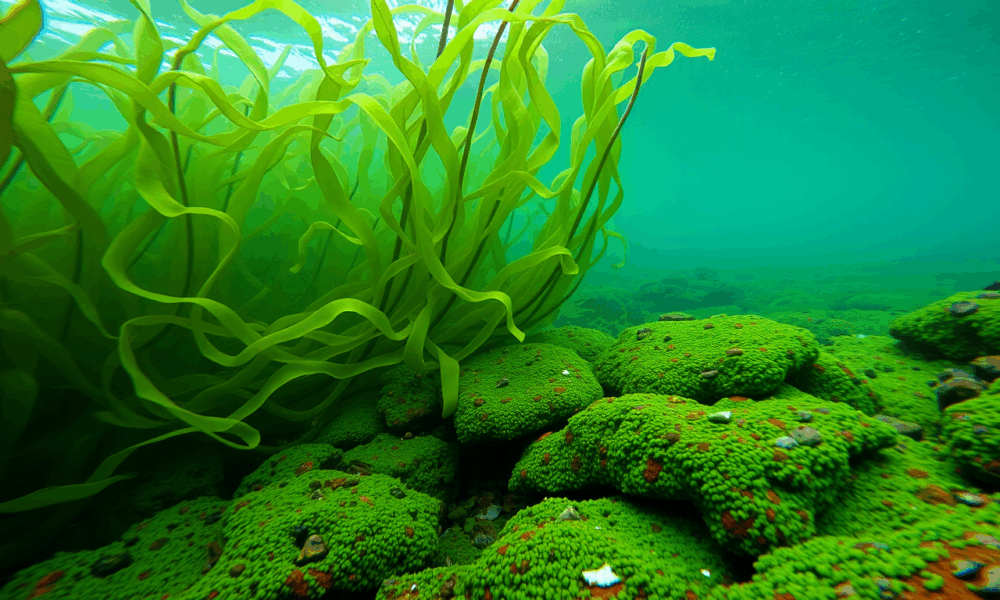
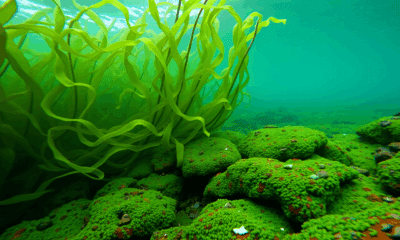

New research shows how rapidly proliferating turf algae are waging 'chemical warfare' to inhibit the recovery of kelp forests along Maine's warming coast.
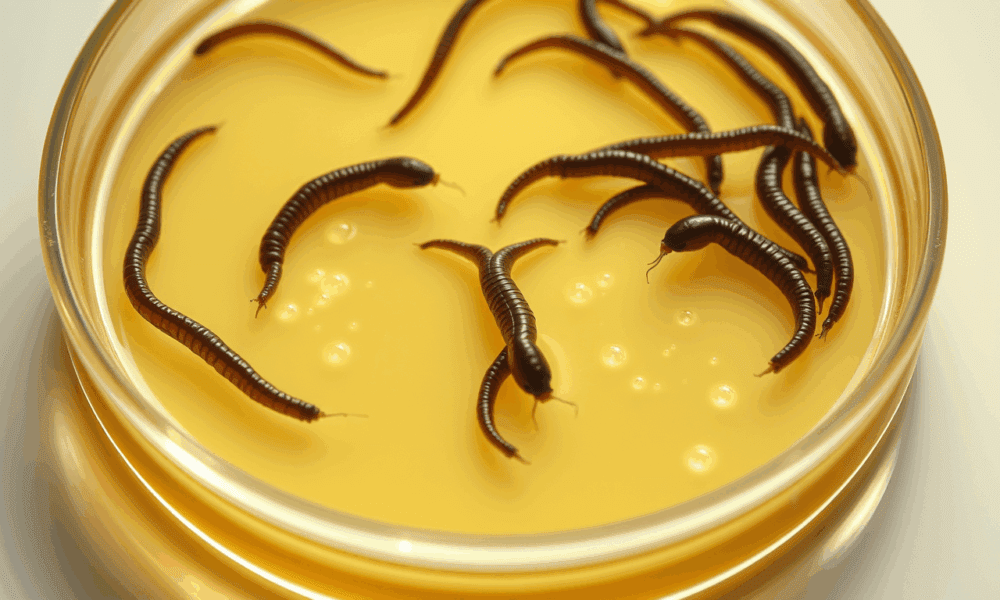
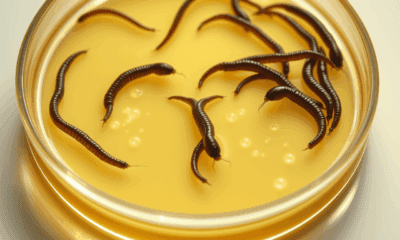

Research reveals that for C. elegans worms, the presence of dead members of their species has profound behavioral and physiological effects, leading them to more quickly...
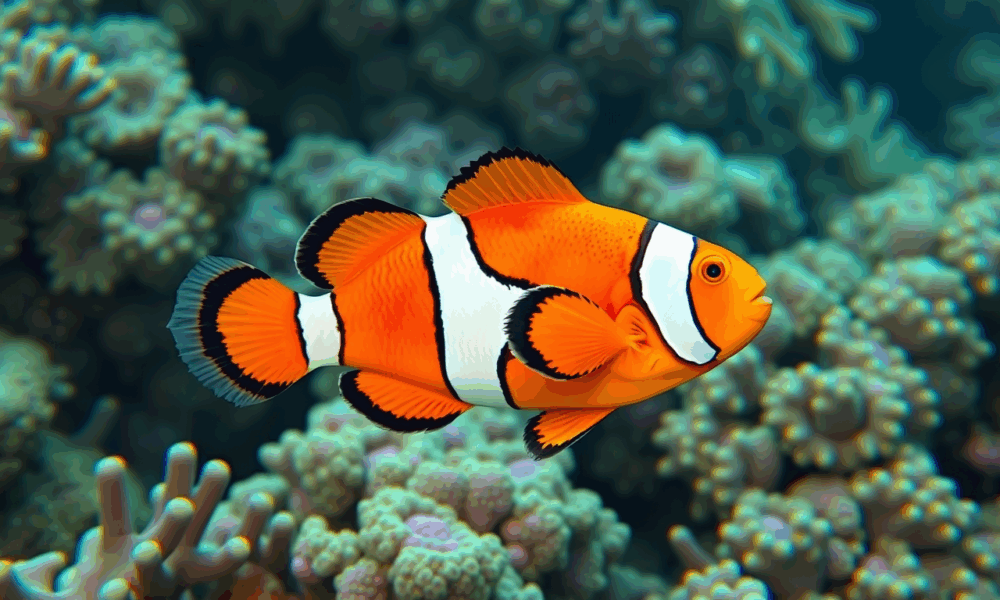
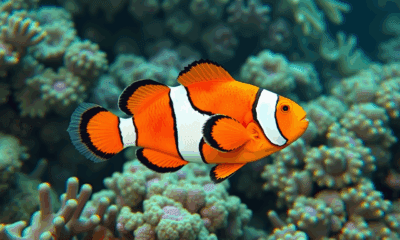

Clownfish have been shown to shrink in order to survive heat stress and avoid social conflict, research reveals.
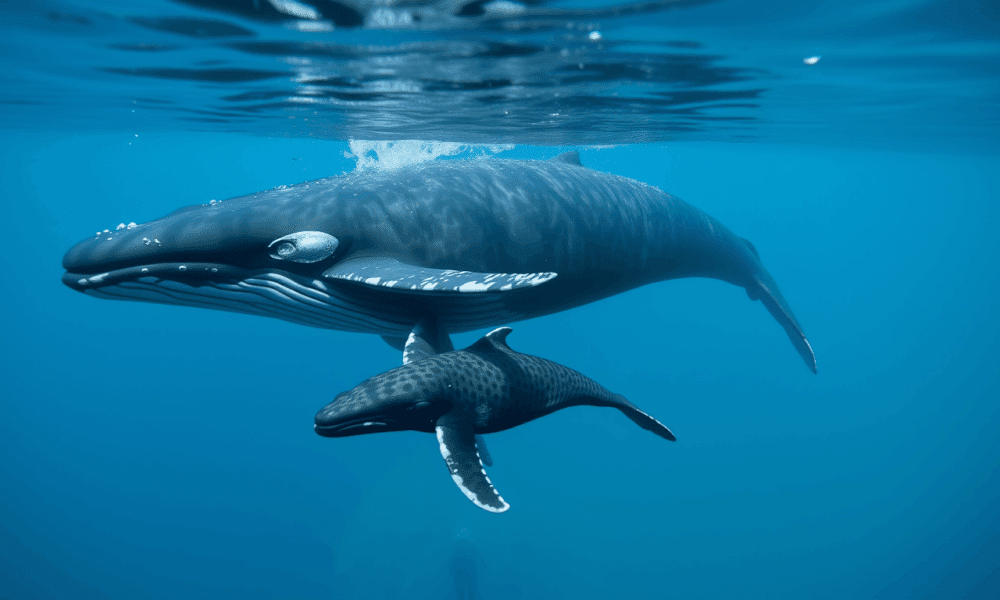
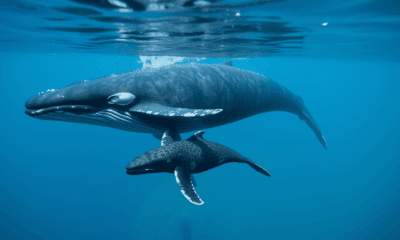

Humpback whales are not always born in tropical waters, new research has shown -- challenging long-held assumptions about their breeding and migration behaviors, while raising new...
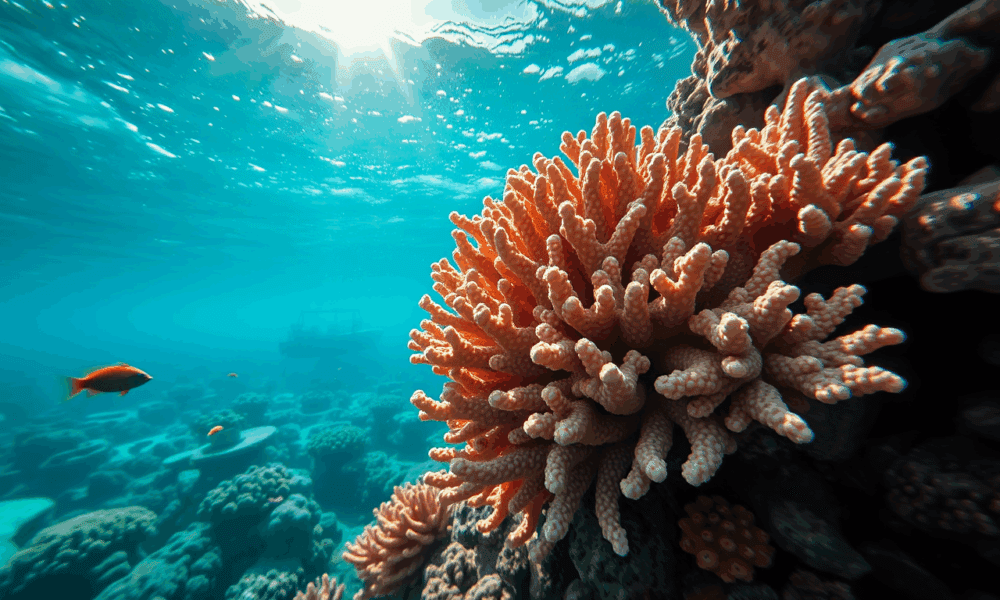
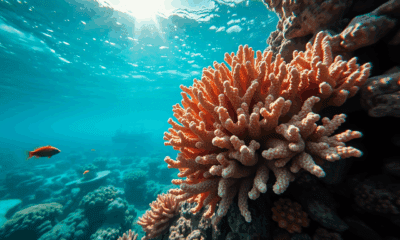

A new study reveals that heat-tolerant symbiotic algae may be essential to saving elkhorn coral (Acropora palmata) -- a foundational species in Caribbean reef ecosystems --...
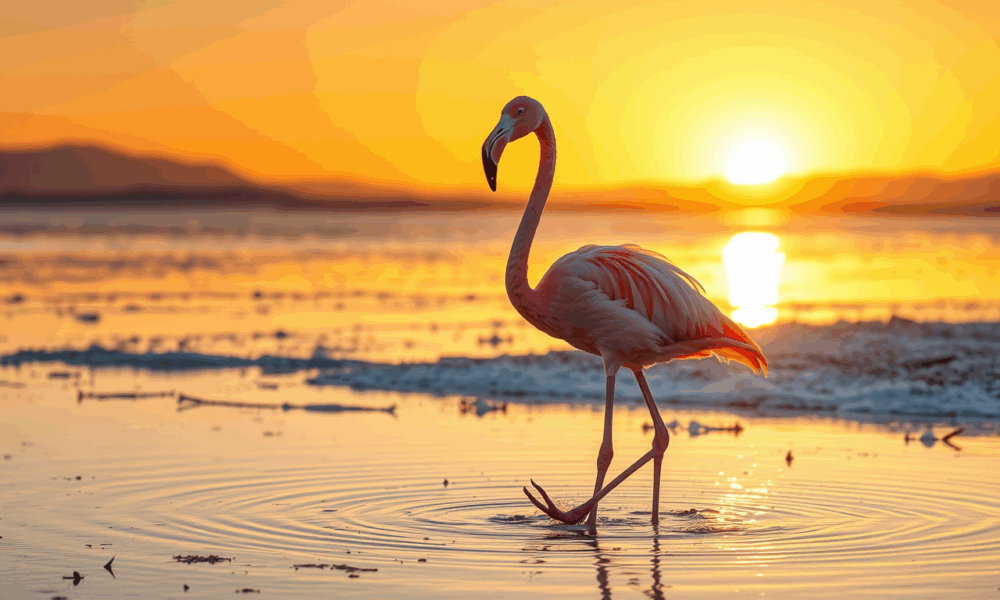
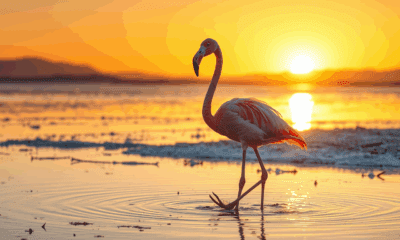

Flamingos have developed an amazing variety of techniques to create swirls and eddies in the water to concentrate and eat brine shrimp and other organisms, a...